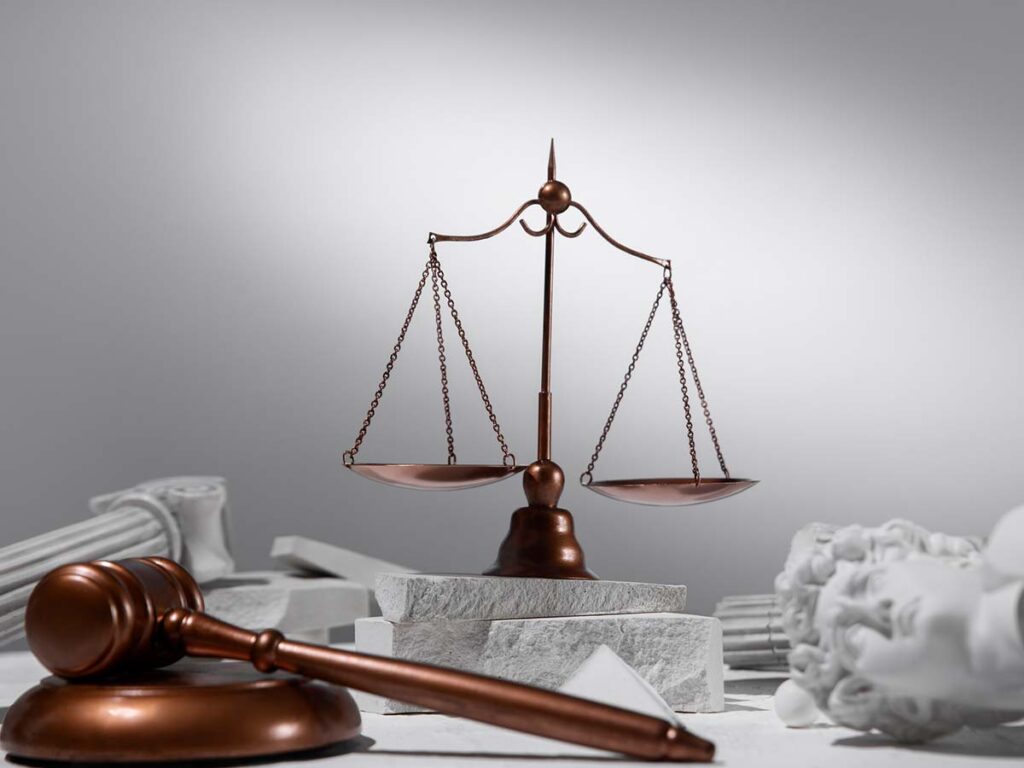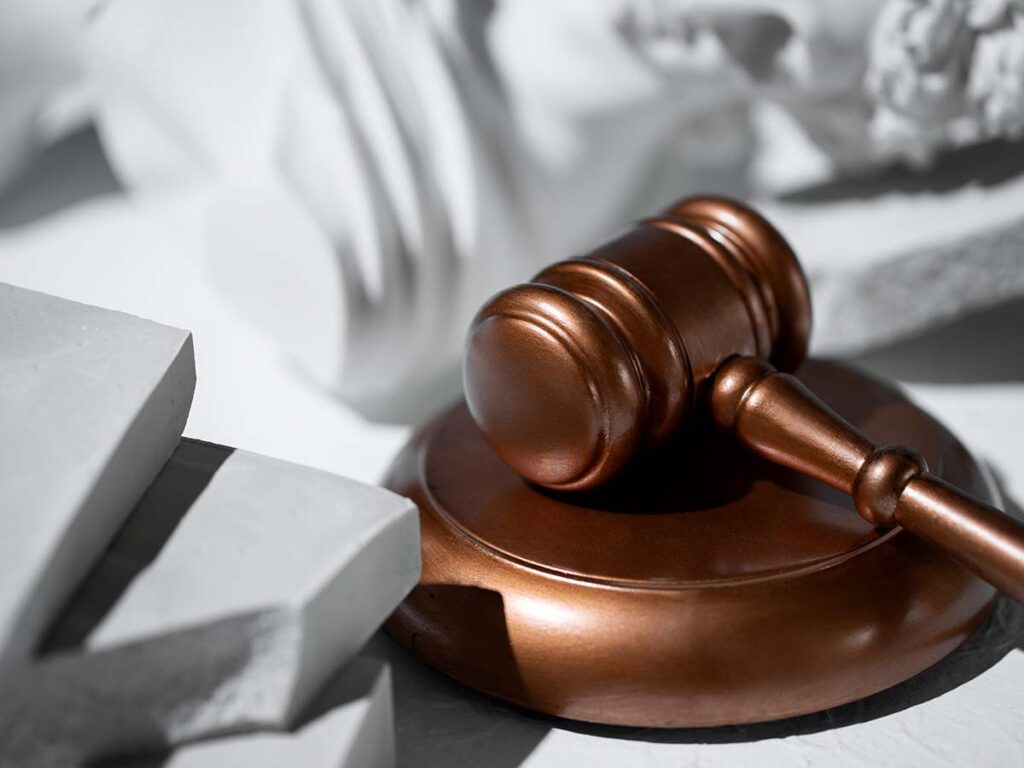How New NYC Traffic Laws Affect Rideshare Accident Cases
Recent changes to New York City traffic laws have significantly impacted how rideshare accident cases are handled. If you’ve been injured while using a rideshare service like Uber or Lyft, understanding how these new rules affect your legal rights and insurance coverage is essential. From determining liability to filing a personal injury claim, every aspect of the legal process has become more complex.
Greenstein & Pittari, LLP offers experienced legal representation for rideshare accident victims across New York. Whether you were a passenger, a rideshare driver, or another motorist involved in a rideshare accident, we can help you seek compensation for your injuries, lost wages, and medical expenses.

Key Traffic Law Changes That Affect Rideshare Accident Cases
The updated traffic laws in New York City were designed to address growing safety concerns around rideshare services and clarify insurance obligations. These regulations directly impact how rideshare accident cases are evaluated and how insurance providers handle claims.
Notable changes include:
- Stricter reporting requirements for accidents involving rideshare vehicles
- Clearer guidelines on when a rideshare driver is covered by the rideshare company’s insurance versus their personal auto insurance
- Revised insurance coverage thresholds depending on the driver’s status (waiting for a ride request, en route to pick up a passenger, or actively transporting someone)
These updates also impact how rideshare companies manage their responsibilities under the vehicle and traffic law. For example, when a driver is en route or transporting passengers, third party liability coverage through the company must apply. However, if the driver is offline, their personal insurance may be the only coverage available.
How Insurance Coverage Applies in Rideshare Accidents
Insurance coverage in ridesharing accidents depends heavily on the driver’s status at the time of the accident. New York operates under a no fault insurance system, which complicates matters further when determining financial responsibility and filing a personal injury claim.
- If the rideshare driver is offline, only their personal auto insurance applies
- If the driver is waiting for a ride request, limited third party liability coverage applies through the rideshare company
- If the driver is en route or transporting passengers, more substantial coverage from the company’s insurance policy kicks in
Navigating these insurance tiers often requires a thorough investigation and gathering evidence like accident reports, witness statements, and proof of the driver’s status during the crash.
Challenges in Rideshare Accident Cases Involving Multiple Parties
Many rideshare accident cases involve multiple parties, such as another driver or pedestrian. In such cases, determining liability becomes more complicated, and both personal and corporate insurance policies may be involved. Injured parties might need to deal with several insurance companies, each trying to limit its financial responsibility.
Some rideshare accident victims must file claims against more than one insurer to recover compensation for medical bills, lost wages, and property damage. These scenarios also raise questions about coverage limits and whether the rideshare company’s third party liability policy applies fully.
Why You Need an Experienced Rideshare Accident Lawyer
Due to the evolving nature of New York rideshare laws and the complexity of ridesharing accidents, working with an experienced personal injury attorney is critical. A skilled rideshare accident lawyer will understand how the new laws affect your ability to seek compensation and build a strong case on your behalf.
Your attorney will:
- Conduct a thorough investigation of the accident scene
- Communicate with insurance companies and negotiate a fair settlement
- Help you recover appropriate compensation for bodily injury, medical expenses, and other damages
In rideshare accident cases involving severe injury or complicated liability issues, legal assistance becomes even more important. You may face obstacles from insurance providers unwilling to pay full damages or may need to bring a fault based claim if your injuries exceed personal injury protection limits.
What Damages Can Be Recovered After a Rideshare Accident?
In New York, rideshare accident victims may be entitled to compensation for:
- Medical bills and future treatment
- Lost wages and diminished earning capacity
- Pain and suffering
- Property damage
- Out-of-pocket expenses related to the accident
The availability and amount of compensation depend on several factors, including the driver’s insurance, Uber’s insurance, and any applicable third party liability coverage. In many cases, the rideshare company may deny liability if the driver is considered an independent contractor, making legal representation even more essential.

Rideshare Services and New York Rideshare Laws
New York rideshare laws continue to evolve in response to the growing use of rideshare services. Regulations now require rideshare companies to provide clearer insurance policies, maintain accident records, and ensure that their drivers meet safety and training standards.
Understanding the distinctions between a TNC driver, their driver’s vehicle, and when the rideshare company assumes financial responsibility is key. These nuances often determine how much you can recover and from whom.
Whether you were injured during a ride request, while the driver was en route, or in a crash involving other drivers, knowing your legal rights under new york rideshare laws is essential to your recovery.
Learn more about how new NYC traffic laws affect rideshare accident cases. Call Greenstein & Pittari, LLP at (800) 842-8462 to schedule your free, no-obligation consultation. You can also reach us anytime through our contact page. Let us help you take the first step toward justice and recovery.
FAQs About How New NYC Traffic Laws Affect Rideshare Accident Cases
What are the new NYC traffic laws that affect rideshare drivers?
The laws require more robust insurance policies, accurate reporting of accidents, and define when a rideshare company is liable based on the driver’s status. These updates are meant to protect rideshare accident victims and improve accountability.
If I’m hit by an Uber driver, can I sue Uber directly?
In most cases, Uber drivers are classified as independent contractors, so Uber may try to deny direct liability. However, if the driver was actively transporting a passenger, Uber’s insurance coverage may apply.
What insurance covers a rideshare accident in New York?
Coverage depends on whether the driver was offline, waiting for a ride, en route, or actively transporting. You may be covered by the driver’s personal auto insurance or the rideshare company’s policy.
Can I get compensation for medical expenses and lost wages?
Yes. Under the no fault insurance system in New York, you’re entitled to coverage for immediate medical treatment and lost wages. If your injuries are serious, you may also file a personal injury claim to pursue additional compensation.
Do I need a lawyer for a rideshare accident case?
Yes. Because these cases often involve multiple parties, insurance providers, and evolving rideshare laws, working with a rideshare accident lawyer increases your chances of recovering full compensation.
What if the rideshare driver was at fault but was using their own car off-duty?
If the driver was offline and not engaged in any rideshare activity, their personal insurance policy would be the primary source of coverage, not the rideshare company’s insurance.
